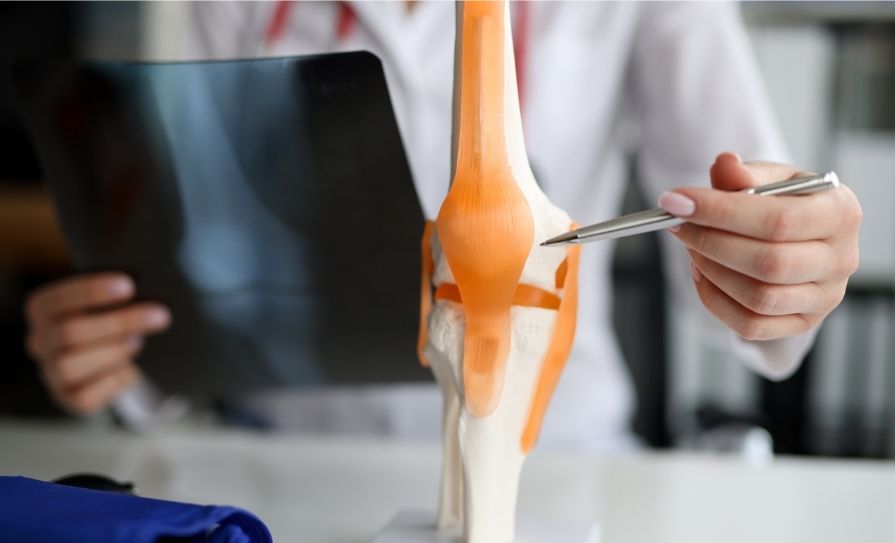Recurrent urinary tract infections (UTIs) can be prevented for up to nine years in more than half of people given an oral spray-based vaccine and is a potential alternative to antibiotic treatments, finds research.
Initial results from the first long-term follow-up study of the safety and effectiveness of the MV140 vaccine for recurrent UTIs were presented at the 2024 European Association of Urology (EAU) Annual Congress in Paris, France. They show that in both men and women with recurrent UTIs, 54 per cent of study participants remained UTI-free for nine years after the vaccine, with no notable side-effects reported. Full results of the study are expected to be published by the end of 2024.
UTIs are the most common bacterial infection. They are experienced by half of all women and one-in-five men and can be painful and uncomfortable. Recurrent infections, needing short-term antibiotic treatment, develop in between 20-to-30 per cent of cases. With antibiotic-resistant UTIs now on the rise and drugs becoming less effective, new ways of preventing and treating these infections are needed.
Carried out by clinicians at the UK’s Royal Berkshire Hospital, this long-term follow-up study looked at the safety and efficacy of the MV140 vaccine in 89 patients originally treated privately at The Urology Partnership Reading. MV140 is a new vaccine for recurrent UTIs and is administered with two sprays of a pineapple-flavoured suspension under the tongue every day for three months. While researchers have previously studied MV140’s short-term safety and effectiveness, this is the first long-term follow-up study to report globally.
Participants in the trial were all aged over 18 years and were UTI-free when they were initially offered the vaccine. None of the participants had other urinary abnormalities such as catheters, tumours or stones. The average infection-free period across the cohort was 54.7 months (four and a half years) – 56.7 months for women and 44.3 months, one year less, for men. A reported 40 per cent of participants reported having repeat doses of the vaccine after one or two years
Dr Bob Yang, Consultant Urologist at the Royal Berkshire NHS Foundation Trust, UK, who co-led the research, said: “Before having the vaccine, all our participants suffered with recurrent UTIs, and for many women, these can be difficult to treat. Nine years after first receiving this new UTI vaccine, around half of participants remained infection free. Overall, this vaccine is safe in the long-term and our participants reported having fewer UTIs that were less severe. Many of those who did get a UTI told us that simply drinking plenty of water was enough to treat it.”
He added that the vaccine is very easy to administer and could be given by GPs as a three-month course. “Many of our participants told us that having the vaccine restored their quality-of-life. While we’re yet to look at the effect of this vaccine in different patient groups, this follow-up data suggests it could be a game changer for UTI prevention if it’s offered widely, reducing the need for antibiotic treatments.”
Prof Gernot Bonkat, Professor of Urology at the Alta Uro Medical Centre for Urology in Switzerland, and the EAU Chairman of Guidelines on Urological Infections, said while the findings are promising, further research into more complex UTIs is needed, as well as research looking at different groups of patients, to better optimise how to use this vaccine. “While we need to be pragmatic, this vaccine is a potential breakthrough in preventing UTIs and could offer a safe and effective alternative to conventional treatments.”
Developed by the Spain-based pharmaceutical company Immunotek, MV140 contains four bacterial species in a suspension with water. It is available off-license
in 26 countries.













Leave a Reply
You must be logged in to post a comment.